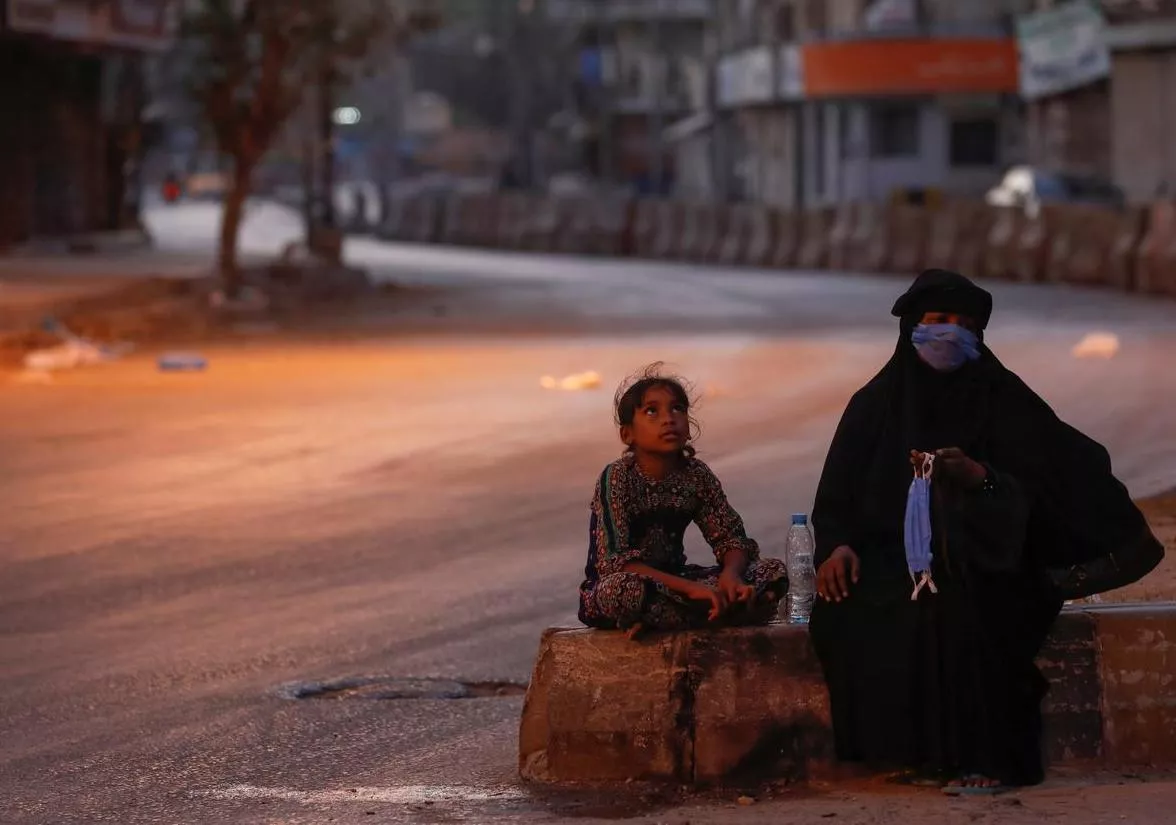Over 204,000 recover from disease as curve flattens
Over 1.7 million coronavirus tests conducted so far
KARACHI:Over 204,000 Covid-19 patients have recovered in Pakistan -- around 78% of around 263,400 cases reported in the country, indicating that that the peak has passed and the government has managed to flatten the coronavirus curve.
According to official data released on Sunday, 5,767 more people recovered from Covid-19 in the last 24 hours, taking the total to 204,276.
The authorities recorded only 1,579 new cases over the past 24 hours, the lowest single-day sum since May. With the new cases, the total number of infections has reached 263,496, with 1,763 of them in critical condition.
Another 46 patients lost their battle against the disease across the country in the last 24 hours, raising the death toll to 5,568.
In a statement, Special Assistant to the PM on Health Dr Zafar Mirza said the government had been able to contain the Covid-19 pandemic through timely decisions, smart lockdown strategy, implementation of standard operating procedures (SOPs) and Trace, Test and Quarantine (TTQ) strategy.
“Pakistan's preparation and response to the coronavirus outbreak has been one of the best in the world,” he added.
The SAPM said the government was committed to fundamental health reforms by introducing universal health coverage in the country,
The smart lockdown strategy is being followed in scores of hotspots in 20 major cities of the country to stem the spread of the virus.
According to official statistics, over 1.7 million coronavirus tests have been conducted so far.
According to an article published in The Washington Post, Prime Minister Imran Khan asked the military to assist in the fight against the virus, and its involvement in logistics, security and surveillance helped to flatten the coronavirus curve. The past several weeks have seen fewer than 2,200 new cases and 70 deaths on an average day.
The involvement of the military has added both manpower and authority to the effort. Under a joint command center, army and civilian leaders meet regularly. Soldiers help enforce local lockdowns, and the army-run Inter-Services Intelligence (ISI) agency is using surveillance to improve contact-tracing efforts.
But nobody in the government is breathing a sigh of relief. Two weeks from now, the nation will celebrate Eidul Azha, which draws millions to crowded livestock fairs, shopping bazaars, mosques, family gatherings and ritual animal slaughtering.
With public fears of the virus ebbing, officials worry that people will abandon masks and social distancing and rush into crowded holiday settings. And with the economy badly damaged and provincial governments imposing repeated closures of restaurants, wedding halls and entertainment venues, many Pakistanis are also desperate to get back to work and business.
In addition to reminding people to keep wearing masks and maintaining social distance, the government has issued new instructions on holiday behaviour, such as avoiding the custom of greeting friends and relatives with an “Eid embrace.” It has issued separate rules for visiting the muddy markets where people buy and sell goats, sheep and cows for religious sacrifice. Sellers are being urged to arrange online purchases when possible.
“Any carelessness in observance of precautionary measures during Eid-ul-Azha may lead to a fresh spike in coronavirus cases,” warned Planning and Development Minister Asad Umar, who is heading the government’s effort to curb the spread of the coronavirus. Critics have attributed the lower infection rate to reduced testing, but Umar said greater public cooperation had led to a significant drop in the number of positive test results.


COMMENTS
Comments are moderated and generally will be posted if they are on-topic and not abusive.
For more information, please see our Comments FAQ